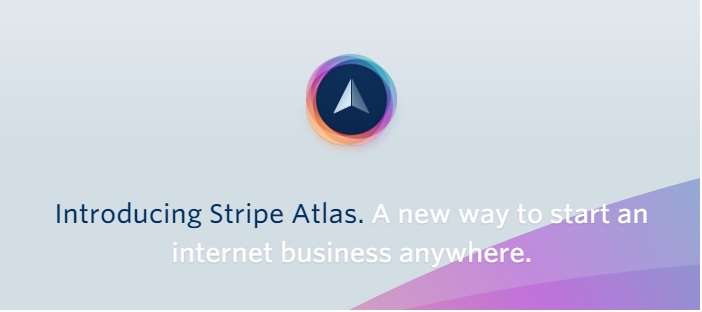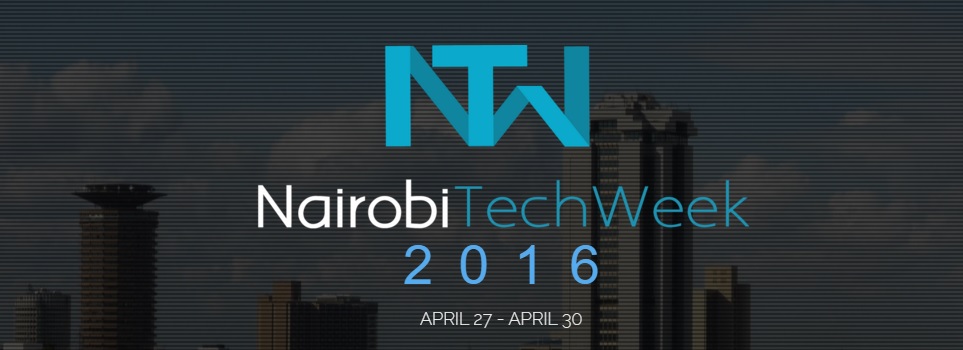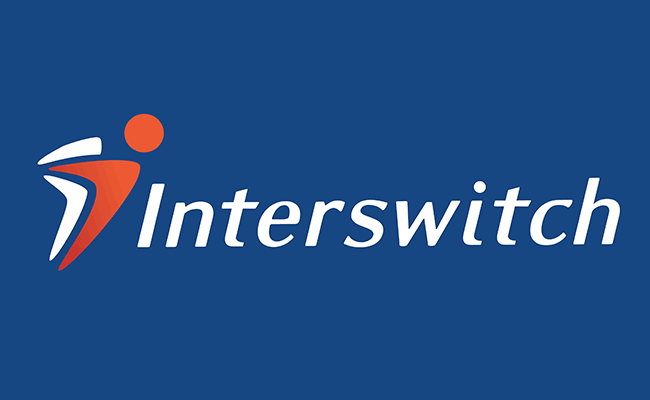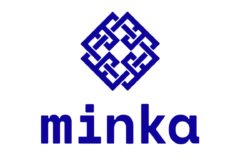
African startups will soon be able to register as companies in the US following a move by San Francisco-based e-commerce company Stripe to launch Atlas at the recently concluded Mobile World Congress in Barcelona.
Using Atlas, startups will be able to incorporate a company in the US state of Delaware, open a US bank account with Silicon Valley Bank, get a tax identification number, start accepting payments using Stripe, and get access to tax and legal advice, all within a week.
Stripe co-founder and CEO Patrick Collison, announced that the move would enable any startup in the world that is looking to expand globally to open a company in the US.
Atlas will be free for the first 100 users to sign up, after which the cost will be $500, which includes the cost of incorporating a company and opening a business bank account.
Atlas comes bundled with services that a newly established company would need, such as legal advice from international law firm Orrick, tax advice from PriceWaterhouseCoopers, and $15,000 in computing and cloud storage services from Amazon Web Services.
Stripe is keen to attract entrepreneurs from Africa, Latin America, the Middle East and parts of Asia, among other regions.
“Most of the growth over the next 10 years will come from these markets,” Patrick Collison added. “This represents about 6.2 billion people we don’t reach yet, and it would be a huge missed opportunity if we didn’t try to do so.”
The move is bound to cause a stir among African startups, which are often set up in countries with complex and opaque regulatory systems. For example, to set up a company in Kenya takes about 30 days, while the same process in Nigeria takes 31 days according to World Bank estimates. These same estimates put the length of the process in the USA at six days.
Despite the favourable environment that is created by startup incubators, some startups are unable to get off their feet and become viable businesses once they get out of incubation. One reason for this is the lack of institutional support for small businesses beyond financing.
With Atlas, however, the startups can get access to quality services at a relatively low cost. Legal advice, for example, can be quite costly to obtain. Startups can and do get entangled in complex legal difficulties, which could shut them down before they can even get established. Likewise, startups are very unlikely to use auditors, meaning that their books are often in a tangled mess. Access to these two fundamental services from the start makes doing business a lot easier in the long run.
For those looking to find their feet, incorporating in the US makes them a lot more attractive to investors.
However, registering as an offshore company means that whatever revenues they make could undergo double taxation. It is therefore advisable for those looking to get on Atlas to read the fine print before signing up.
Stripe was founded by John and Patrick Collison in 2011, and is valued at $5 billion. It currently operates in 24 countries. Rather than directly profiting from Atlas, the Collison brothers are aiming to build Stripe into the payments infrastructure for the entire internet, taking on the likes of PayPal.
The Collison brothers are hoping that Atlas will give Stripe traction, especially among entrepreneurs who will use it to transfer funds as they expand their businesses.
Atlas is currently in beta and only available through referrals from Stripe’s partners. These are Egypt’s Flat6Labs, South Africa’s Knife Capital, Nigeria’s L5Lab, iSpace and MEST in Ghana, Nailab and Savannah Fund in Kenya, and Outbox in Uganda.




















